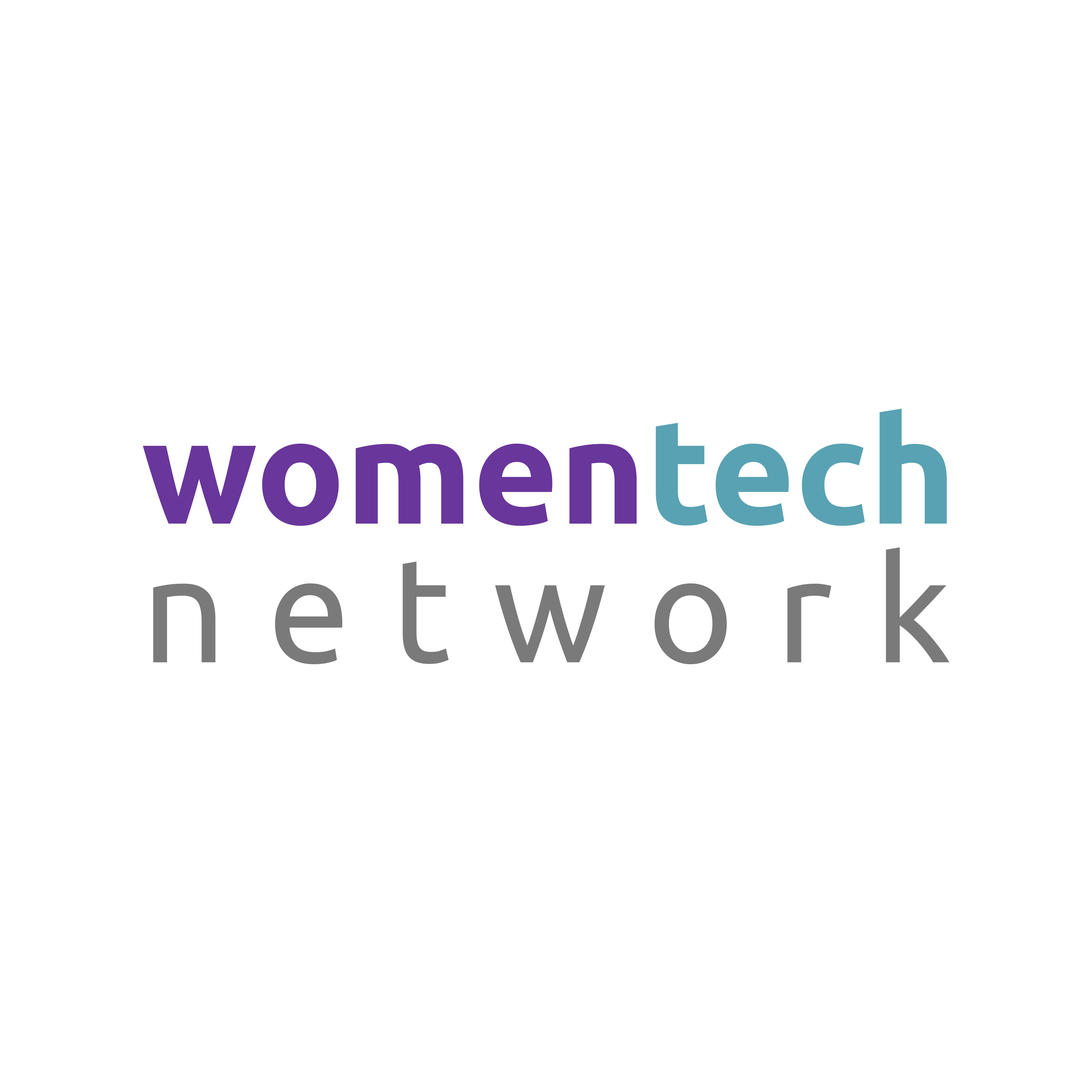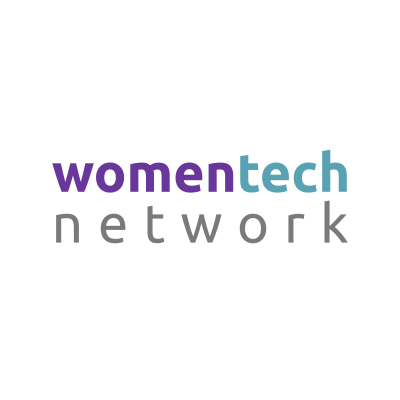
The artificial intelligence and digital industry profoundly transform our economy and create
more and more opportunities for sustainable employment and high added value. However, women are very little represented in this sector. The move towards greater diversity is slow in spite of strong mobilization.Why deprive yourself of half of these talents and develop this sector under a predominantly male prism? The role of women in our future technological ecosystems is played out today.
Originally, There Were More Women in IT
Today, the digital sector is struggling to attract women while their number is tending to
increase in other engineering sectors.
However, the story started well. According to Claire L. Evans, author of a book on the
implication of women in the history of information technology and the Internet, "When information technology gained in value, women had to leave the field."
The profile of Silicon Valley GAFA employees and leaders (Google, Amazon, Facebook, Apple) seems to support the idea that IT has always been a man's business. It is wrong. Women have been at the forefront of information technology. Even the word "computer" was borrowed from women computers who performed complicated mathematical calculations long before machines, as early as the 19th century.
From 1972 to 1985, the IT sector was the second sector with the most female engineers in technical training.
Key Figures in 2020: Where Are Women At?
Thirty years ago, women occupied around 30% of the technical functions of the digital professions (development, exploitation, production and project management). This share has since been halved, and women are now mainly found in support functions. The Opiiec sums up the current state of affairs, "Women are more present on media and underrepresented functions on the core businesses of the branch they are frequently positioned on administrative positions or employees."
Today, there are therefore only 15% on average to engage in computer studies. A trend observed throughout the European Union. According to "Women in the Digital Age," a recent study carried out for the European Commission, three times more men than women work in digital in Europe. The same is true in Silicon Valley, where there is little diversity.
The lack of women in digital technology is essentially a Western phenomenon, as Isabelle Collet, a lecturer and researcher at the University of Geneva, specializes in gender and education, points out.
Challenges and Prospects
The very low number of women in the digital professions presents two major challenges:
Economic:
The sector is finding it increasingly difficult to recruit sufficient numbers to carry out the digital transformations essential to their competitiveness. Achieving parity could thus generate an additional 10% of GDP in France by 2025, according to the McKinsey firm.
As the digital industry develops, there are more and more jobs to be filled. According to the Direction of the animation of research, studies and statistics (Dares), up to 212,000 jobs per year will be created by 2022 in France. Without them, “we do without half of the available talent”. The digital sector offers long-term employment (90% of positions in the sector are CDI). Women have a real interest in seizing their chance in a booming sector.
Societal:
A digital society, which is increasingly impacting our daily lives, should not be thought of, developed and governed only by men. "This introduces gender biases which are harmful to the balance of society," notes Henri d'Agrain, General Delegate of Cigref.
The problem arises in particular in the field of AI, which is based on the collection of data and their processing by algorithms. If these systems are designed only by men, “we inject data into the data collection as well as into their processing of biases which make the results erroneous,” explains Fatiha Gas, Director of the ESIEA Paris school. The ethics of the algorithms becomes a real subject.
The Initiatives Are Multiplying
Companies, training establishments and also all their partners and associated ministries are mobilized. Among the objectives: to unite the actors and coordinate actions at all levels, from school and throughout life, to raise awareness among women of the opportunities that the sector presents for them.
Many devices initiated by the WomenTech Network help to fight against received ideas that the technical trades of digital can and must be declined in the feminine. The message is also addressed to prescribers: parents, families, teachers, educators, guidance counselors because the whole society is concerned.
Inclusion and Diversity for Ethical and Successful Organizations
The digital glass ceiling exists as long as it is maintained, it is everyone's will that will break it. The sector has many advantages: numerous vacancies, varied and evolving careers in a sector that is changing very quickly. Digital needs everyone and this diversity of profiles is essential for the good health of the sector in the medium and long term.
Beyond promoting the digital sector to women, the subject of inclusion and diversity must be part of companie's strategic thinking. Organizations that have understood this issue are more efficient. However, simply promoting the diversity of its teams does not automatically guarantee high performance, according to an interesting article in the Harvard Business review, "It requires inclusive leadership - leadership that ensures that all team members feel they are treated with respect and fairness, that they are valued and that they feel they belong, that they are confident and inspired."
Attracting new talents from diversity is obvious, integrating them well and retaining them is an integral part of the inclusion process.
Attract new talent and improve your employer branding to retain your talent with WomenTech Network and our opportunities for employers.
This article is brough to you thanks to WomenTech Global Ambassador and Influencer Abir Ghenaiet. She is the Founder and CEO of “The Algerian Desk Institute: Technology by Engagement’’, which provides digital training to Algerian teachers of English since 2017.
Abir is a certified TEFL teacher by the Algerian Ministry of National Education for the last 5 years and is implementing methodology of creating quality learning environments and experiences for students.







